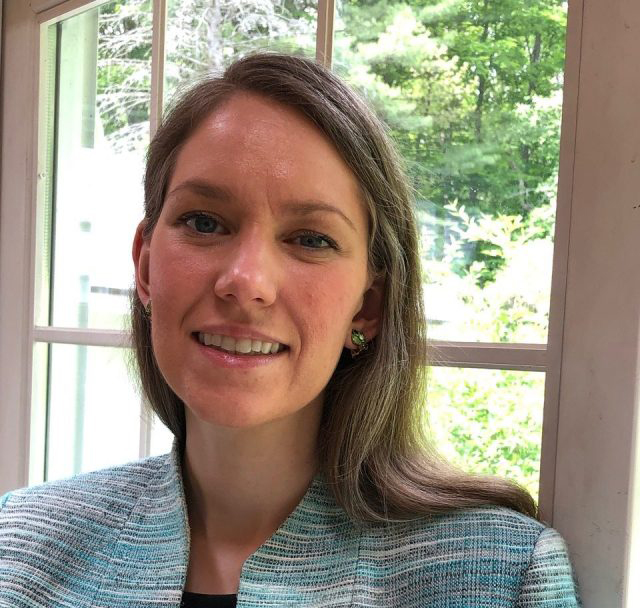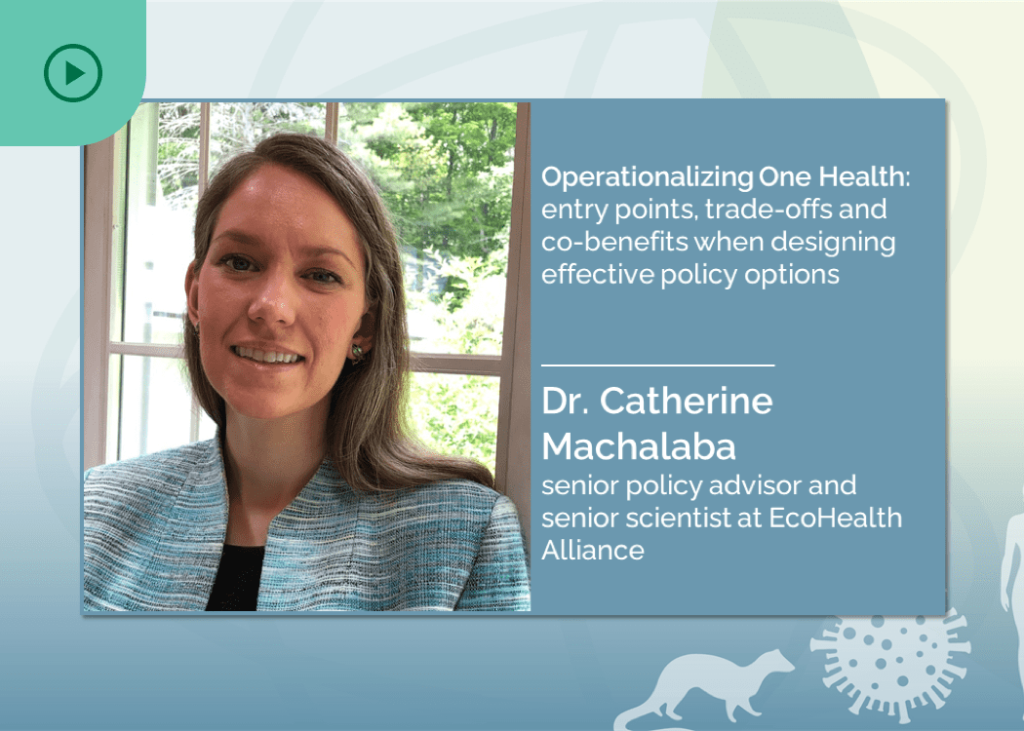
March 29th 2022 at 14:30 – 15:45 CEST
About this Event
Identifying and reducing human health risks from wildlife trade needs an internationally coordinated and cooperative approach. To this end, the International Alliance against Health Risks in Wildlife Trade serves as an inclusive and interdisciplinary platform to discuss challenges and formulate solutions vis-á-vis human-wildlife interfaces and associated health risks. In moving from immediate crisis management of the ongoing global pandemic towards a more long-term perspective, many have realized that preventing future pandemic outbreaks will need to also address health risks in dealing with wildlife trade and potential spillover, and thus prevention at the source.

During this online session Dr. Catherine Machalaba gave insights into how to operationalize One Health approaches for more coordinated, preventive, and cost-effective systems that promote human, animal, and environmental health given their integral links. She elaborated on entry points, trade-offs and co-benefits when designing effective policy options, including land use changes, wildlife trade and livestock management, and where to start as a feasible minimum that has to be done.
About the Speaker
Catherine Machalaba is the Principal Scientist for Health and Policy at EcoHealth Alliance. She was a lead author of the World Bank Operational Framework for Strengthening Human, Animal and Environmental Public Health Systems at their Interface (“One Health Operational Framework”) published in 2018 to assist countries and donor institutions in implementing One Health approaches. She is active in the International Union for the Conservation of Nature (IUCN), including serving for 10 years as Program Officer for its Species Survival Commission’s Wildlife Health Specialist Group. She is also a member of the One Health High-Level Expert Panel to the FAO, OIE, UNEP, and WHO (OHHLEP). She holds a master’s degree in public health and a PhD in environmental and planetary health sciences.